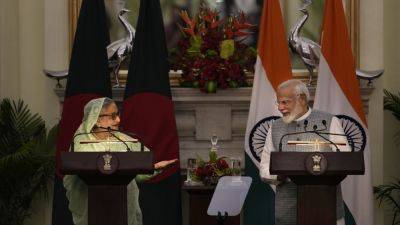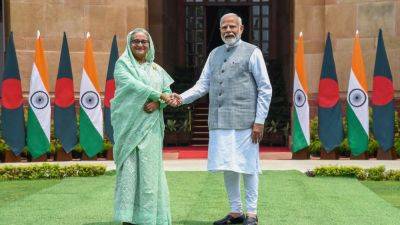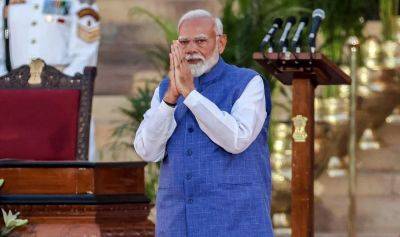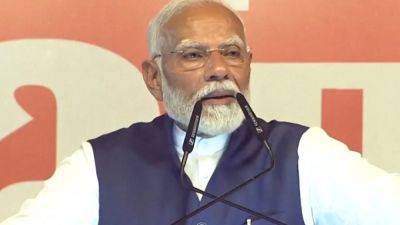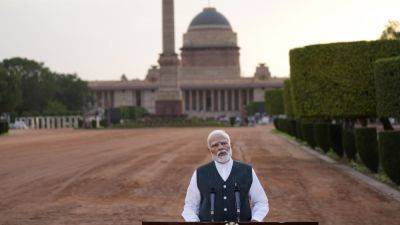Commentary: With Modi failing to secure landslide victory, India returns to default of coalition government
SINGAPORE: More than 640 million people voted in India’s election, making it the largest electoral exercise in the world. Yet, the election can perhaps best be described as one that returned India to its default setting of coalition governments .
Coalition governments have governed India from the 1980s to 2014 when the Bharatiya Janata Party (BJP) won an absolute majority under the leadership of Narendra Modi. Prime Minister Modi and the BJP repeated their success in 2019 when the party achieved a landslide victory, winning 303 seats.
This time, the BJP has again emerged as the largest party but its haul of 240 seats is below the 272-mark required to form the government. Thus, it is set to return to power as the leading party of the National Democratic Alliance (NDA).
This election was normal because there was no massive wave of support for any party. In 2014, Mr Modi and the BJP’s promise to fight corruption won massive support. The incumbent coalition led by the Indian National Congress had been mired in corruption charges.
In 2019, the BJP rode to power on the back of a nationalist upsurge following a terrorist attack in Pulwama that killed 40 security personnel and the subsequent airstrike by India on alleged militant bases in Pakistan.
In contrast to these “wave” elections, the 2024 election was dominated by concerns over employment, inflation and local issues. Attempts to consolidate Hindu votes based on religious rhetoric and symbolism also did not bear fruit.
The BJP had hoped that the inauguration of a grand temple to the Hindu deity Lord Ram in the state of Uttar Pradesh by Mr Modi in January would lead to a groundswell of Hindu support. Evidence from the ground, however, suggests that this did not



